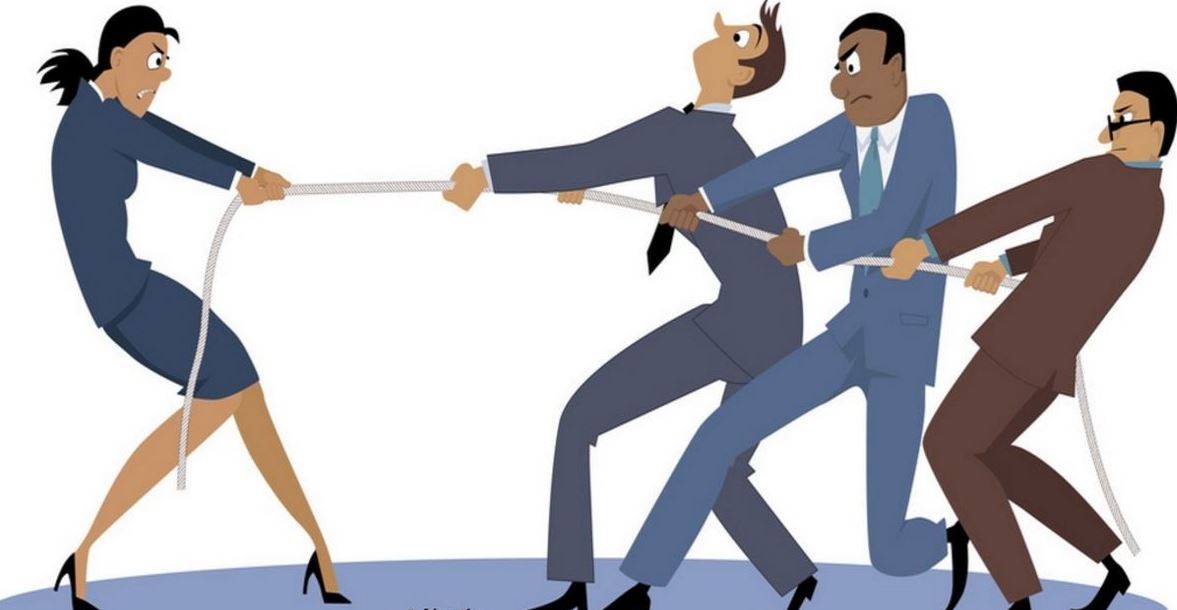Melbourne: In many Asian communities, the notion of women earning more than their male partners remains a significant taboo. Cultural and patriarchal expectations often exert pressure on women to suppress their ambitions, labeling their success as "disrespectful" or "inappropriate." This shared struggle is vividly illustrated through the experiences of women like Catherine, Devni, and Jasmine, who navigate the challenges of balancing their successful careers with traditional gender roles. Their stories underscore the ongoing tension between personal ambition and societal expectations, as highlighted in research by ABC News. (Photo courtesy: ABC News.)
Catherine’s Struggle
A Career “Too Ambitious” Catherine, a 29-year-old project manager from Melbourne with Chinese and Vietnamese heritage, faces ongoing criticism for out-earning her male partners. Despite her husband's unwavering support, her in-laws accuse her of being "too dominant" and "manipulative," suggesting that her ambition threatens traditional male roles. Catherine explains, "My Chinese mother believes women should avoid stress and focus on parenting. My mother-in-law thinks I’m 'too smart' and manipulative." Her experience reflects the broader issue faced by many Asian women, where professional achievements are undervalued, and domestic responsibilities are prioritized.
Devni’s Challenge
Gender Expectations in the Sri Lankan Community Sri Lankan Australian lawyer, Devni Vihara, encountered a similar struggle. Her former partner felt threatened by her career success, leading to insecurity within the relationship. "There was a sense that I shouldn't draw attention to my career, or I’d threaten his place in the relationship," she shares. In South Asian communities, societal norms dictate that men should be the breadwinners. This expectation leaves career-driven women like Devni facing judgment and discomfort for stepping outside their traditional roles.
Jasmine’s Journey
The Breadwinner Debate Jasmine Babbar, originally from India, constantly challenges societal norms. As the breadwinner in her marriage, she frequently faces questions from colleagues and relatives about why she works while her husband doesn’t assume the breadwinner role. "Who cooks at home? Why do you need to work?" Jasmine still hears such comments. Yet, her husband is her biggest supporter, a stark contrast to the conservative views she often encounters. Jasmine notes that the pressure to conform to traditional roles isn’t limited to women but extends to men, who are expected to be the primary providers.
Harmful Stereotypes and a Path Forward The experiences of Catherine, Devni, and Jasmine highlight the damaging stereotypes that persist in many Asian communities. Minako Sakai, an associate professor at the University of New South Wales, explains that patriarchal values and hypergamy (the expectation to “marry up”) are deeply ingrained across Asia, creating a societal expectation for men to provide for their families. This leaves little room for women to pursue ambitious careers without facing criticism. Although Australia’s gender pay gap is shrinking, women from culturally diverse backgrounds still face longer tenures in middle management, and lower pay than their Anglo counterparts.

Jasmine stresses the importance of education in breaking these cycles. "This pressure doesn’t just suppress women, it also creates unrealistic expectations for men," she explains. For her, raising awareness from a young age is key to fostering equality. While the fight for gender parity remains an uphill battle, these women's stories underscore the necessity of challenging outdated norms and building a more inclusive future.
Single Mothers
Single mothers, particularly in Asian communities, encounter even greater scrutiny when they pursue ambitious careers. Often judged for stepping outside of expected domestic roles, they also face scepticism about their ability to balance work and parenting. In societies where the nuclear family is idealized, single mothers can be viewed as "breaking" family values by prioritizing their careers.
Rani Patel, a 32-year-old IT consultant from Sydney with Fijian Indian heritage, exemplifies the resilience of single mothers navigating these challenges. "I often hear remarks like, 'Why aren't you home with your kids?' as if my ambition somehow makes me less of a mother," Rani shares. Her story demonstrates that single mothers are not only capable of excelling in their careers but can also provide for their families while defying traditional expectations. Rani’s success challenges the notion that ambition, and motherhood are incompatible, proving that traditional gender roles are due for redefinition.
Despite these cultural challenges, data from the Australian Bureau of Statistics (ABS) and the Workplace Gender Equality Agency (WGEA) reveal a persistent gender pay gap that favors full-time working men over their female counterparts across all industries and occupational categories. Currently, Australia's national gender pay gap stands at 13.8%. This figure is calculated by the WGEA using data sourced from the ABS, highlighting a systemic issue that continues to affect women in the workforce.